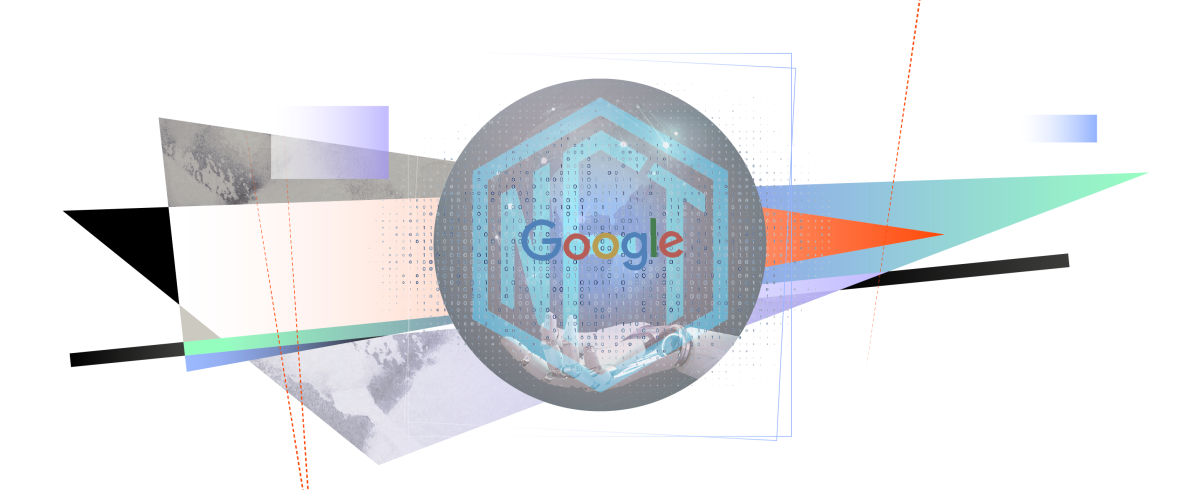Google has filed a patent for the trademark “Non-Fungible Planet”

On March 21st, Google applied for the “Non-Fungible Planet” patent, which by name correlates with non-fungible tokens (NFTs) in the cryptocurrency sphere. However, this project will not be related to the crypto industry and intends to highlight problems related to climate change.
On this page
The application itself states that the objective of the project is to provide the public with information about the sphere of environmental protection, environmental problems, reducing the carbon footprint and more. The project itself in the form of an educational campaign will consist of content, services and video playlists. From the position of the name, “Non-Fungible Planet” implies that, like the NFT, the planet Earth is one of a kind and it is impossible to create a replica. Therefore, one must take into account the unfavorable changes to which humanity is putting it.
It is important to note that the field of cryptocurrencies, in particular the mining process, often fall under criticism due to excessive consumption of electricity, environmental damage, as well as economic losses of states. Many countries are already introducing a ban on unlicensed mining. This is exactly what the government of Kazakhstan did recently by shutting down 106 illegal mining farms.
In the crypto sphere, non-fungible tokens are digital items on the blockchain used for unique digital art and other collectibles. However, most of the NFT platforms already operate on the structure of the less energy-intensive Proof-of-Stake mechanism. The same Ethereum intends to apply this base in 2022.
Earlier this year, a representative of YouTube, a subsidiary company of the Internet giant, announced that the video platform was planning to introduce a new way to monetize content using NFTs.
Despite this, some company executives are known to have left YouTube to work for companies which specialize in Web 3 development.
The content on The Coinomist is for informational purposes only and should not be interpreted as financial advice. While we strive to provide accurate and up-to-date information, we do not guarantee the accuracy, completeness, or reliability of any content. Neither we accept liability for any errors or omissions in the information provided or for any financial losses incurred as a result of relying on this information. Actions based on this content are at your own risk. Always do your own research and consult a professional. See our Terms, Privacy Policy, and Disclaimers for more details.

























